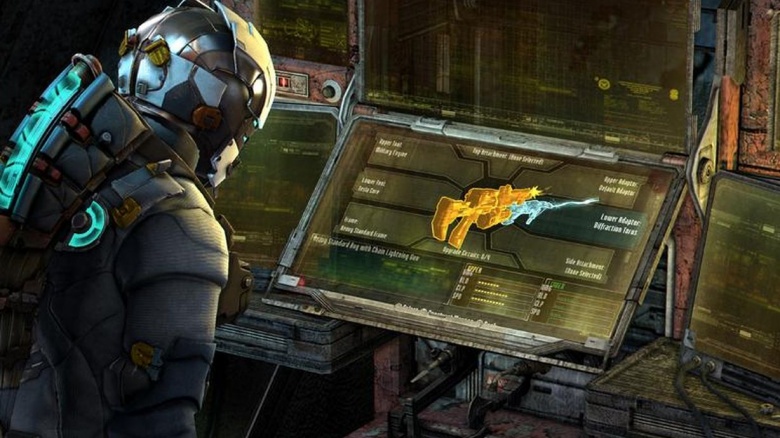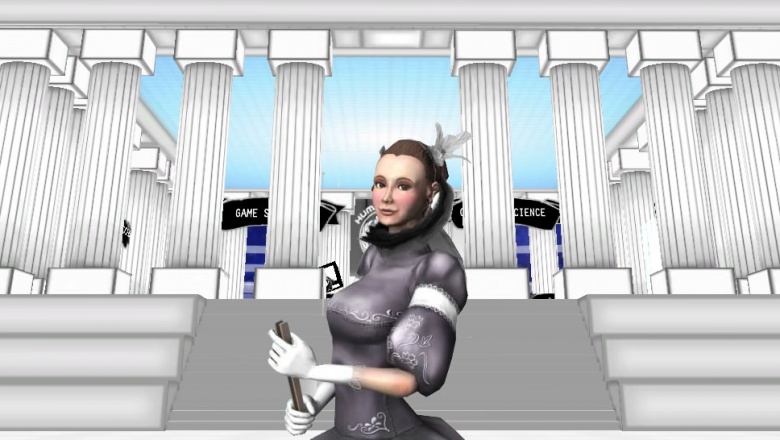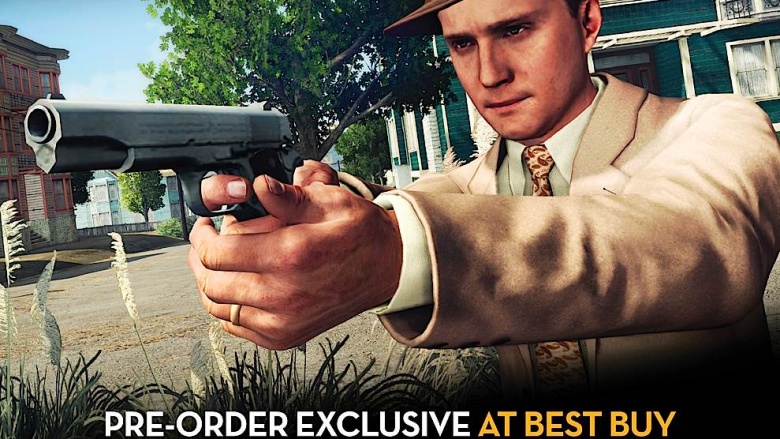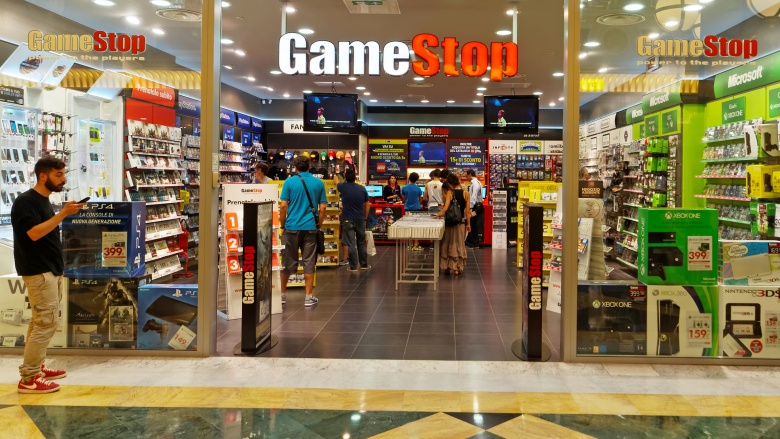Video Game Trends That Need To Stop
As the video game industry has grown in the past few decades, trends have come and gone, and some have stuck around—but there are several that seriously just need to stop. Let's explore a handful of some of the worst.
Microtransactions In Games That Cost Money
If you download a free game that has microtransactions, the gaming community largely accepts that pricing model. You'll get the core game basically for free, but have the option to blow money on hats or costumes. For many games, that model works if the game itself is addictive like Dota 2, League of Legends, of Team Fortress 2.
But for games that have an up-front cost and include microtransactions? Woah, game industry, settle down there for a minute. If you're letting me unlock the same stuff I can just pay for, that's no problem. It's fine if you sell a pack of weapons in Call of Duty for the lazy folks, but don't lock it behind another paywall unless it's substantial content like story or multiplayer maps. Respect us as customers, game publishers.
Poorly Run Kickstarter Campaigns
It's one thing to take your cool, creative new idea, take it to the Internet-enthusiast community at large, and ask for their support in funding your dream project. It's another to ask that enthusiast community to continuously support you when you've yet to deliver a product from their first round of investment. If you're running multiple crowdsourcing campaigns in an attempt to just get something out the door, you're hurting not only your own reputation, but the game development industry as a whole.
The traditional model—where developers make the game and publishers fund the development—works well in most cases. It gives the publisher a way to make a return on investment, provides the developer a way to make games, and gives the gamer a cool new game. It's not for every studio out there, which is why platforms like Kickstarter and Indiegogo have proven so successful for small indie studios looking to make the game they've always wanted—and for fans who've wanted it. But too many groups are trying to cash in on the Kickstarter phenomenon, resulting in failed projects and lack of communication with backers. In doing so, it's slowly deteriorating gamers' trust in this new system...a system that could still prove to be the future of game development.
Releasing Busted Games
Back in the early days of video games, developers and publishers had to make games as perfect as they could possibly be before they hit store shelves. That's because patches weren't a thing—system and game updates weren't even a consideration on the pre-Internet console generations. Then, if a game shipped with a bug or two, there was no fixing it (unless revisions were made to future copies that went to print).
Nowadays, games ship broken all the time—almost constantly, in fact. Just look at 2014's Assassin's Creed: Unity if you need evidence of that. Need more examples? Halo: The Master Chief Collection, Battlefield 4, and DriveClub are just a few busted mainstream hits from that year alone. Sure, patches can come along and fix many of the underlying issues over a few weeks or months, but it's typically that initial phase that most players are exposed to the game. It creates a lesser experience for the player, and continuously lowers the bar of quality for releases across the industry.
Developers: fight for more QA time for your games. Publishers, be more flexible with your development timelines, and allocate more time for quality checks. Platform holders: set higher standards for releases on your platform. Learn from the Nintendo Seal of Approval.
Retailer Specific Pre-Order Bonuses
We've seen all the pitches before: "Get an exclusive weapon when you pre-order at GameStop." "Earn 10,000 gold when you pre-purchase your copy at Best Buy." "Get a head start on the competition with this rainbow unicorn mount when you digitally pre-order from Steam."
Pre-order bonuses used to be somewhat exciting. If you had faith that a game was going to be solid, and your confidence in purchasing said game was high, you were rewarded for your $5 reservation at your local game store with a poster or a copy of the game's soundtrack. Maybe you got a cool figurine or some dog tags. Nowadays, those most passionate fans are the ones most ignored and disrespected, since all the content they want is scattered to the wind. After all, you're not going to buy the game at multiple stores just to get some supplemental content or bonuses, right? It's a darn shame, and only serves to justify shelf space for retailers and publishers.
Pre-Ordering Games In General
While retailers and publishers are ruining the concept of the pre-order, we as consumers aren't helping. We're not giving them a reason to slow down. In fact, the more we hand retailers and publishers our money before they hand us a complete game, the more we're justifying their releases of broken games, with on-disc DLC, and with scattered pre-order bonuses.
Pre-orders were originally created with the innocent purpose of helping customers reserve physical copies of games at launch, because supply was limited. Nowadays, supply isn't limited since you can always get a game digitally the moment it releases. There's no longer a need to pre-pay for games because it's no longer a system that benefits the gamer—it's another gear in the video game marketing machine. And if we don't like how it works, we should quit supporting it.






